Advocacy Pathway
Community Pediatrics
Health Equity/Social Determinants of Health
Hospital Medicine
3500 - Bringing Social Medicine into the Hospital: A Collaborative Workshop on Social Needs Screening in the Inpatient Setting
-
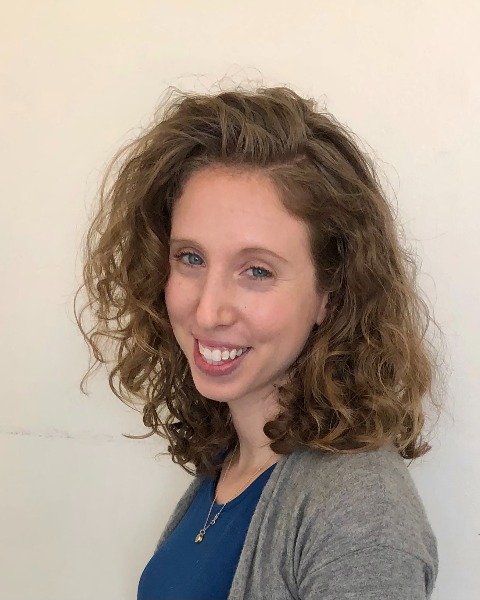
Yonit Lax, MD
Chief Pediatric Community Health
Pediatrics
Maimonides Infants and Children's Hospital of Brooklyn
Brooklyn, New York, United States -
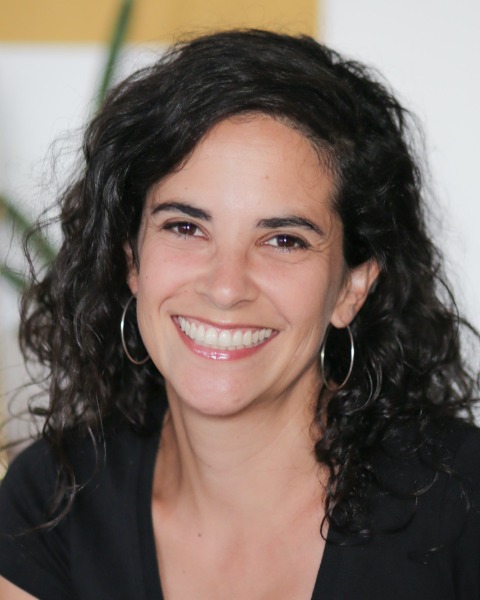
Alexandra Coria, MD (she/her/hers)
Pediatric Hospitalist, Assistant Clinical Professor of Pediatrics
Maimonides Children's Hospital
Brooklyn, New York, United States -

Daniela Burger, MS MD
Pediatric Hospitalist, Assistant Professor of Clinical Pediatrics
Maimonides Children's Hospital, United States -
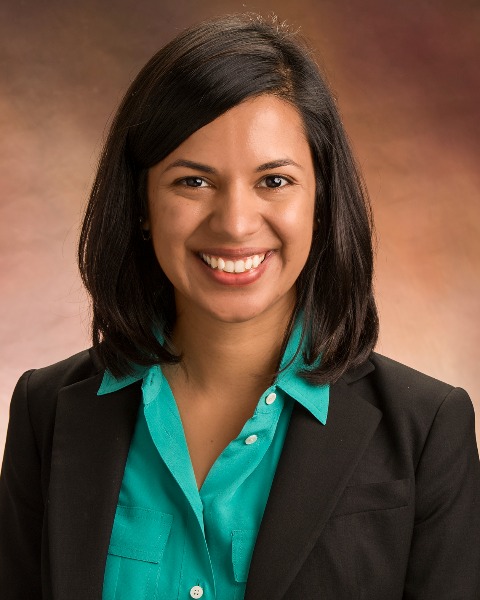
Aditi Vasan, MD, MSHP (she/her/hers)
Instructor of Pediatrics
Children's Hospital of Philadelphia
Philadelphia, Pennsylvania, United States -
ML
Michelle Lopez, MD, MPH (she/her/hers)
Associate Professor of Pediatrics
Baylor College of Medicine
Houston, Texas, United States -
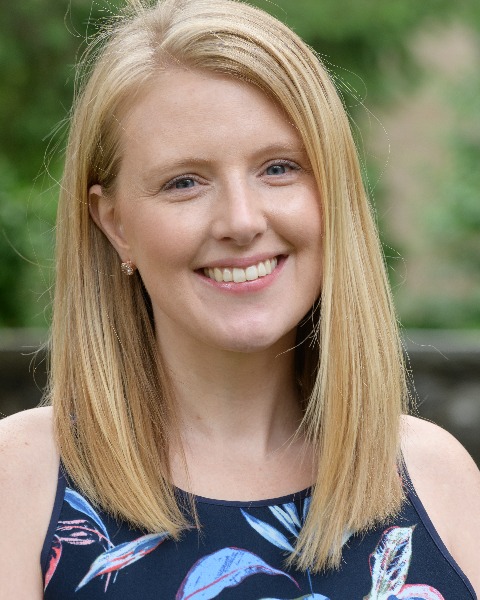
Francesca Kingery, MD, MA, MS
Pediatric Hospital Medicine Fellow
NewYork Presbyterian/Columbia & Cornell, United States -
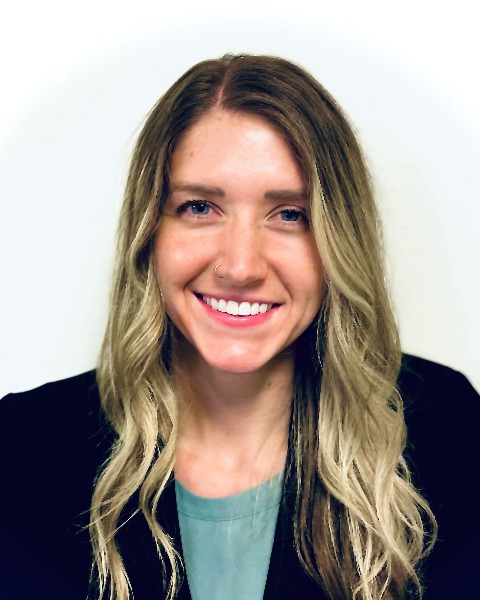
Merritt ten Hope, DO
Pediatric Resident
Phoenix Children's Hospital, Arizona, United States -
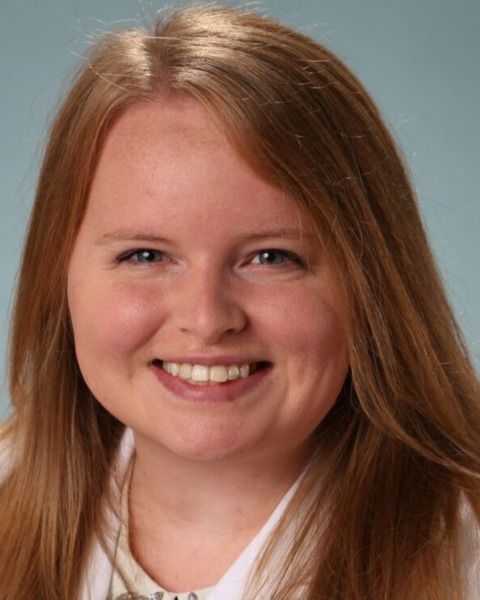
Amy Buczkowski, MD, FAAP (she/her/hers)
Assistant Professor
Maine Medical Center, United States
Leader(s)
Co-Leader(s)
Routine, universal screening for social needs—a recommendation of the American Academy of Pediatrics—is a powerful tool for improving health outcomes and promoting health equity. Recent literature shows that caregivers of hospitalized children often have unmet social needs that remain unidentified during their hospital stay. Too frequently, we miss this key opportunity to link people to resources and address the systemic social drivers of poor health. However, there are no established standards or best practices for social needs screening among hospitalized children.
In this collaborative workshop, we will identify the knowledge that does exist on conducting inpatient social needs screening to promote health equity. We will work together to generate practical ideas for starting and building effective screening programs. Participants will hear: 1) about an accepted framework for high-quality, family-centered social needs screening and referral; 2) from a diverse panel of institutions who will share their models for implementing and evaluating inpatient social needs screening programs; and 3) from each other, as they work creatively in small groups to apply what they have learned to their home institutions. They will choose whether to discuss ideas and challenges based on institution type – community hospital vs freestanding children’s hospital – or whether to delve deeply into one or two steps of implementation. Each participant will leave with concrete ideas for their screening program, whether they currently just have a germ of an idea, or are looking to enhance their existing process.
